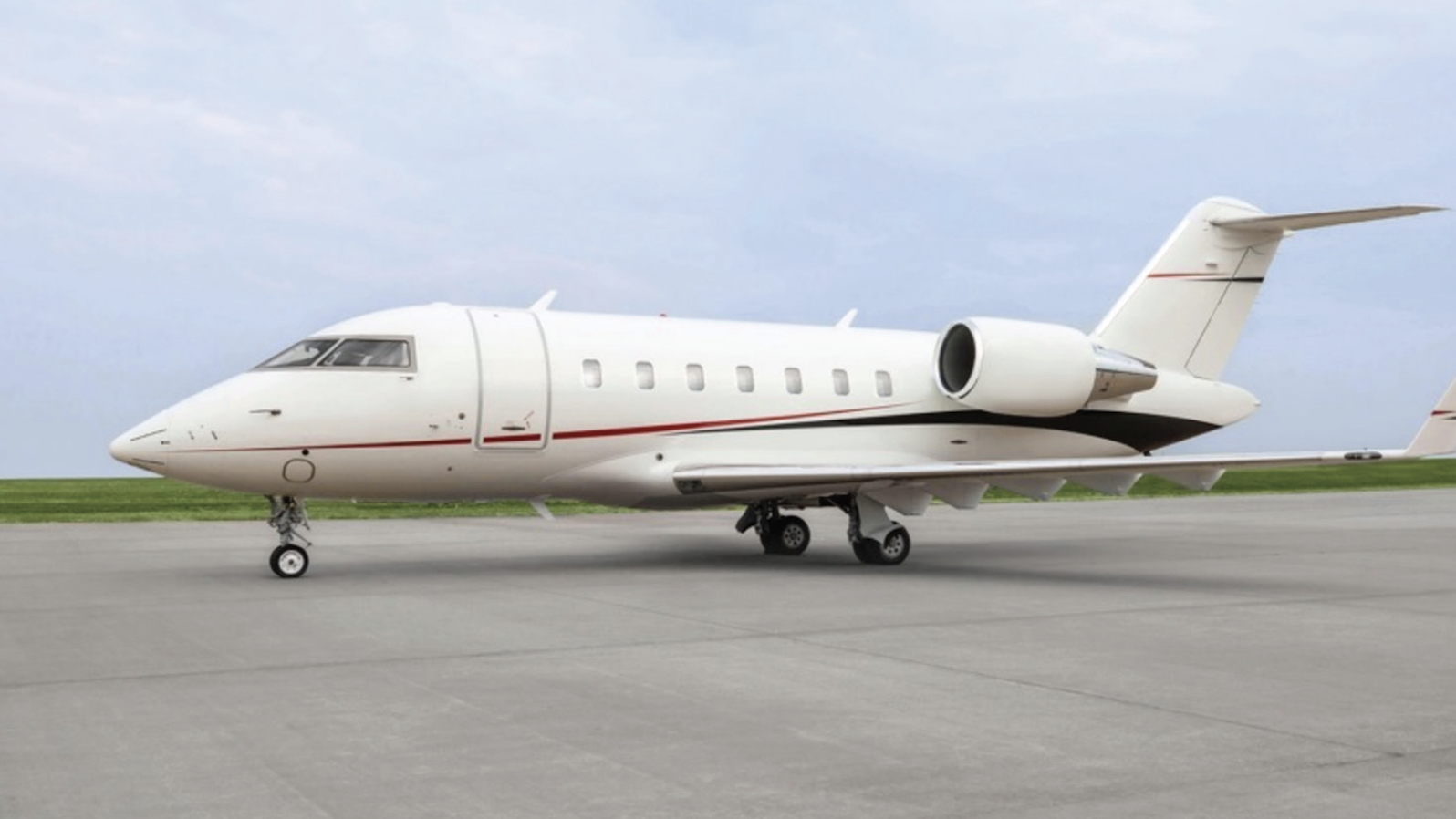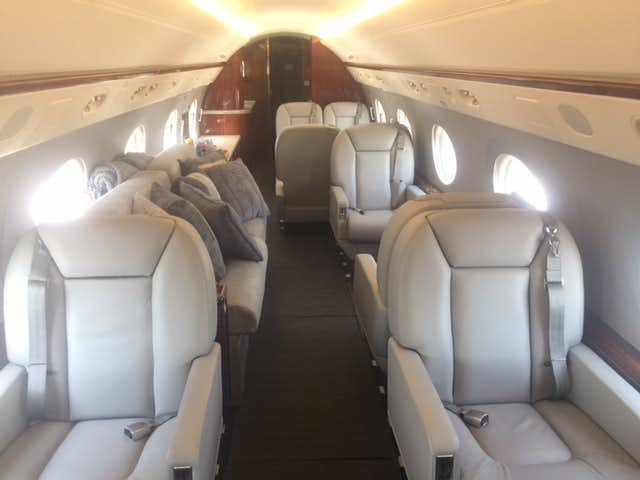

One of the over 65 variables paid subscribers can compare to more than 250 programs is fuel surcharges. While fuel surcharges that fluctuate monthly are a standard part of fractional ownership and also fractional jet cards, other jet card providers split on fuel surcharges. Some programs have them – others don’t. Those jet card providers generally guarantee the fixed one-way rates they offer for a period of time – generally at least a year.
With fuel prices on the rise, Private Jet Services (PJS) Group is reaffirming and plans to highlight its policy of no fuel surcharges, CEO Greg Raiff tells Private Jet Card Comparisons. Private jet price starts at $4,793 including 7.5% Federal Excise Tax (FET) for light jets and rates are locked for a year, although funds never expire. The point, says Raiff, is to buy the number of hours you will need for the next 12 months. He notes since PJS uses an escrow account for jet card funds – something we like – there is no incentive on the company’s side to hold your money. That said, in the last three years he says there has only been one rate hike – and once you buy in – your hourly rate only increases when the PJS pricing structure it publishes increase. Of course, if fuel costs continue to rise, you might surmise that increases possibly are in the offing for 2019.
The Seabrook, New Hampshire-based jet card seller dates its history back to 2003, but its jet cards have been a more recent addition – and you can read our detailed Jet Card Insider review of the PJS Group programs here. The company has built itself mainly on corporate shuttles, transporting sports teams, political campaigns and investor road shows.
PJS is a broker jet card program, which means it sources its aircraft from third-party charter operators. Among the minimum criteria operators it uses must have are ARGUS Platinum, Wyvern Wingman and IS-BAO Stage 1. Additionally, PJS says is uses proprietary vendor management software, thorough and proactive research, strict quality standards and performance tracking. Approved vendors receive new background checks prior to each new engagement to confirm continued eligibility. Additional PJS professionalism requirements include that vendors and their senior members of management maintain positive compliance and business positions free from criminal or civil legal actions, and IRS violations, the company says.